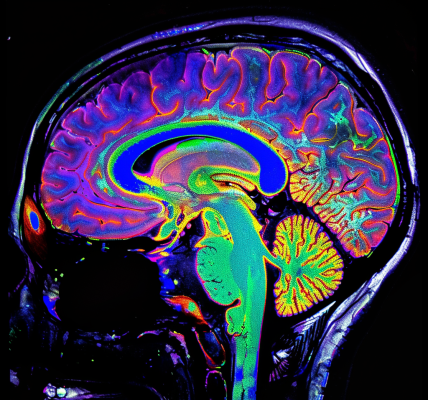In recent developments within the realm of health and wellness, a new pill has emerged that may change the way individuals approach alcohol consumption. Marketed as the “Ozempic for drinkers,” this medication is gaining attention for its potential to help people manage their drinking habits and avoid the regrettable consequences of excessive alcohol intake.
The medication, known scientifically as Naltrexone, is designed to alter the brain’s response to alcohol. According to health experts, including Professor Simon Coulton from the University of Kent, Naltrexone works by blocking the euphoric sensations typically associated with drinking. This alteration in brain chemistry can significantly reduce cravings for alcohol, making it easier for individuals to cut back on their consumption.
Research indicates that when taken before engaging in drinking activities, Naltrexone can lead to a marked decrease in the amount of alcohol consumed. This is particularly promising for individuals who struggle with alcohol dependency or those who find themselves frequently binge drinking.
Binge drinking, defined as consuming more than four pints of beer in one sitting for men and more than three for women, is a prevalent issue in the UK. Health surveys from 2022 revealed that approximately 60% of adults reported binge drinking in the week prior to the survey. While binge drinking may be perceived as a normal aspect of social culture, it poses serious health risks, including an increased likelihood of developing alcohol-related illnesses, injuries, and even mortality.
The implications of Naltrexone’s effectiveness are significant, particularly in light of the rising concern regarding alcohol consumption patterns. In a study published in the American Journal of Psychiatry in 2023, researchers observed a group of men who were administered Naltrexone alongside therapeutic interventions aimed at reducing alcohol intake. The findings from this study support the notion that the medication can assist individuals in modifying their drinking behavior.
With the ongoing conversation about public health and alcohol consumption, Naltrexone presents a potential solution for those looking to regain control over their drinking habits. As more individuals seek healthier lifestyles, the introduction of such medications could play a vital role in addressing the challenges associated with alcohol dependency.
This innovative approach to managing alcohol consumption is particularly relevant in a society where binge drinking is often normalized. The ability to dull the pleasurable effects of alcohol could serve as a crucial tool for individuals striving to make healthier choices and reduce their overall intake.
As research continues and more data becomes available, the impact of Naltrexone on alcohol consumption patterns will undoubtedly be an area of interest for health professionals and the general public alike. The potential benefits of this medication could pave the way for new strategies in combating alcohol-related health issues and promoting responsible drinking behaviors.
In summary, Naltrexone represents a promising development in the field of alcohol consumption management. By altering the brain’s response to alcohol and reducing cravings, this medication could help individuals make more informed decisions about their drinking habits, ultimately leading to healthier lifestyles.





